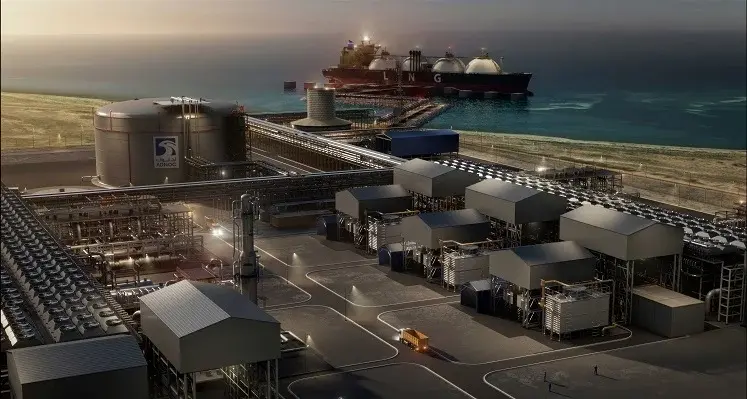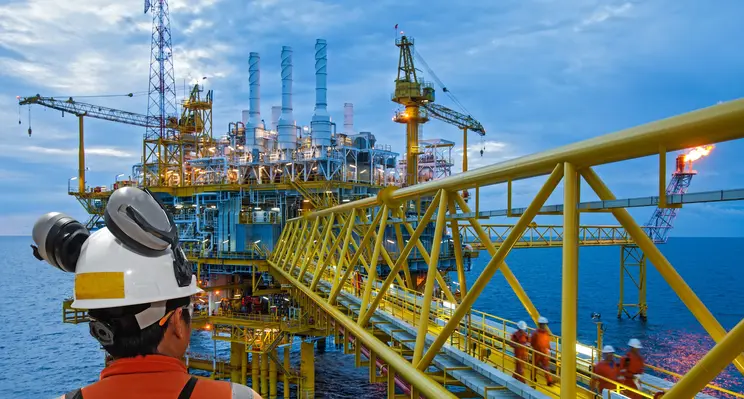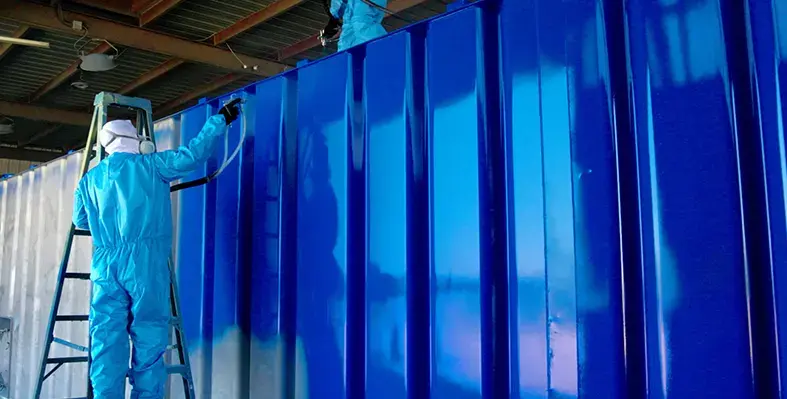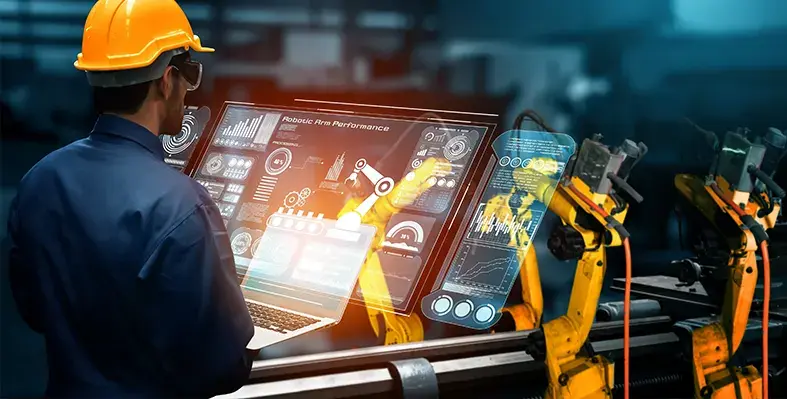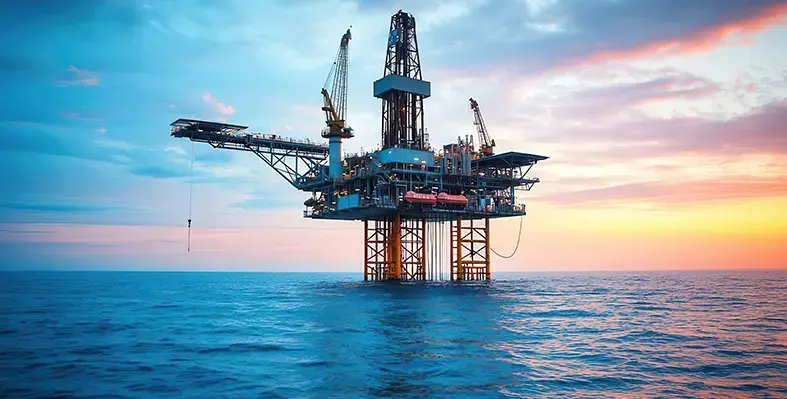
The Association has seen an uptake in its qualifications in sectors including oil and gas. (Image source: Adobe Stock)
The Association for Project Management (APM) has seen a 35% growth in membership numbers in the region in the six months since establishing its regional network in the UAE
Over this period, APM also successfully conducted several networking events and educational webinars, as well as launching a pilot of its popular Project Fundamentals Qualification in Arabic.
APM’s director of Education and Lifelong Learning, Jackie Martin, said, “We are witnessing an unprecedented demand for project management professionals in the region due to increase in infrastructure projects, economic diversification and business transformation initiatives, all of which require qualified managers. The sectors that have seen the most uptake for our qualifications include construction, oil and gas, energy, engineering, and infrastructure. With growth in sustainability practices and AI adoption, project managers need to upskill to face the demands of a rapidly changing workforce, and we have several programmes to guide them through this industry transformation.”
APM’s Project Management Qualification and Chartered Project Professional (ChPP) status have also seen a growing interest from the region. The Project Management Qualification, which is designed for individuals with some experience in project management, aims to enhance knowledge and skills in all areas of project management. It covers key areas like planning, risk management and communication, and is a valuable credential for career advancement for professionals in all industry sectors. ChPP status shows a person has achieved the highest standard of expertise and proven exceptional project capabilities, through a defined level of technical knowledge, professional practice and ethical behaviour.
Miriam Al-Alawi, deputy network lead for APM in the UAE, said, “APM membership gives one access to qualifications, networking and events to research, resources and debate – all aiding a project professional’s ongoing career development.”
APM UAE Regional Network member, Rachael Keeble, founder of BuiltWell, added, “By launching in the UAE, APM are playing an important role bringing together project management professionals for networking, debate and discussion. I was delighted to be part of the recent ‘Women in Leadership’ panel which explored the themes of inclusive leadership, various leadership styles and how we can best empower and advocate for others. The key takeaway was that authenticity, passion and empathy have an important place in leadership and the success of our projects."
Upcoming APM programmes in the region
To help project managers prepare to face the challenges of a rapidly transforming workforce, APM is offering a free-to-attend webinar on ‘Career development tools and techniques’ on 2 September, 2025. To register, please click here.
The APM Project Fundamentals Qualification is now being offered in Arabic, specifically for the UAE and Middle East region, with a pilot programme taking place in September 2025. Project professionals who use Arabic, and would like to gain the APM Fundamentals Qualification, can find out more information and apply to join the pilot here.





